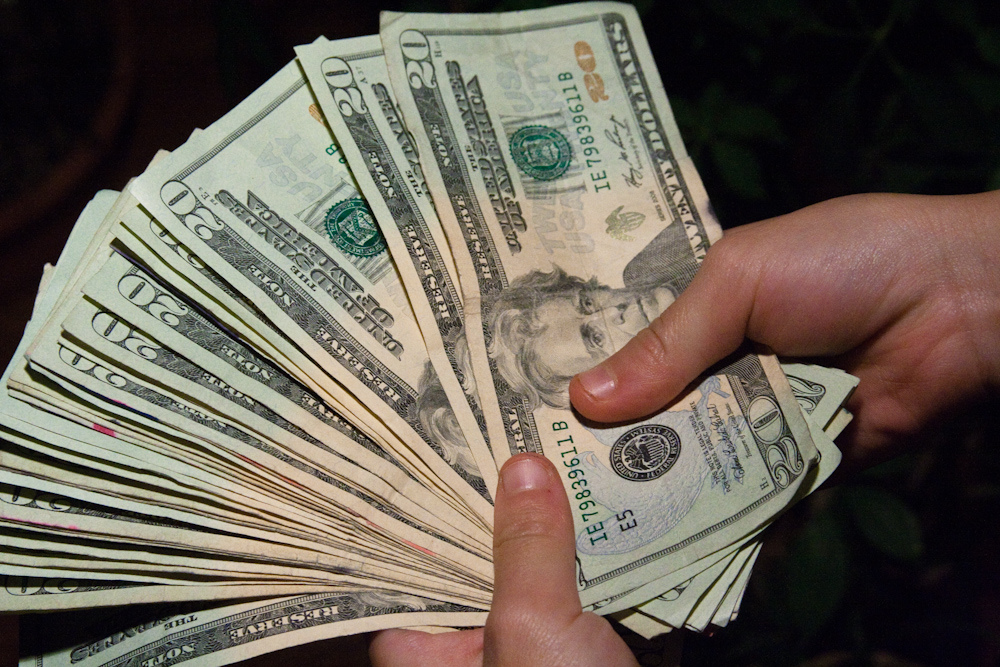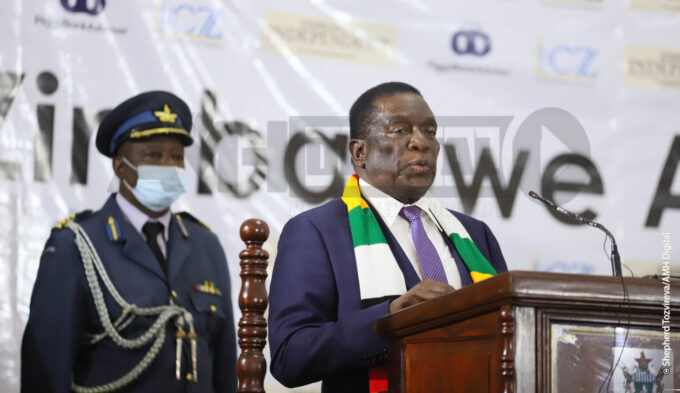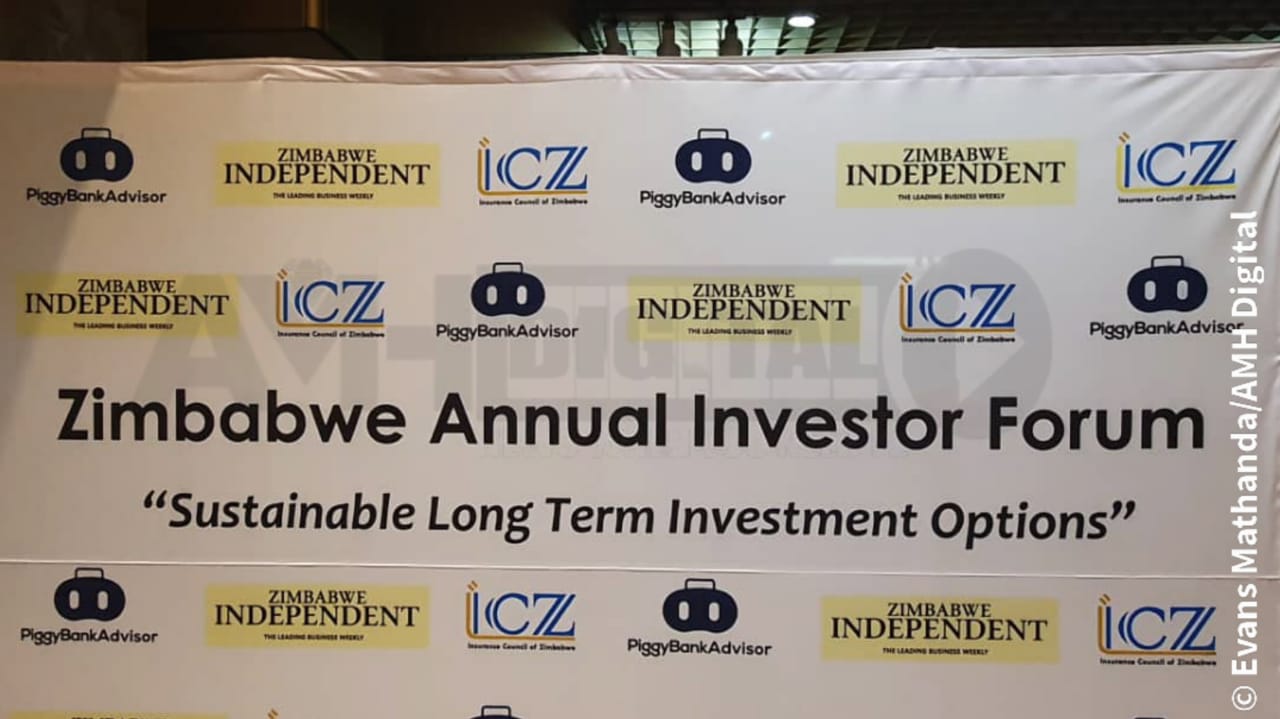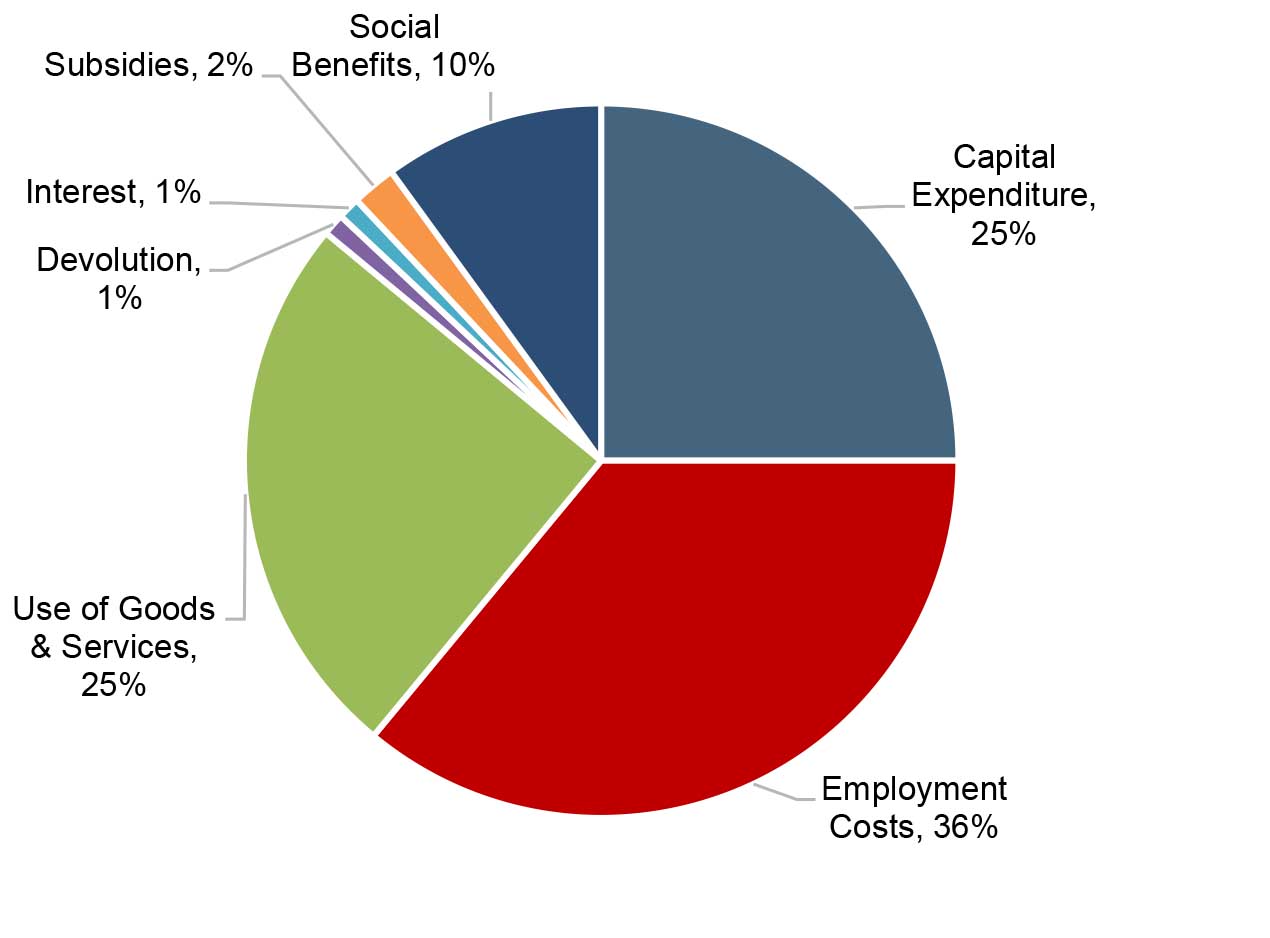
BY MELODY CHIKONO
THE Institute of Chartered Accountants of Zimbabwe (Icaz) says there is capacity on the domestic market to carry out property valuations in Zimbabwean dollars.
However, exchange rate volatilities and high inflation have forced the market to opt for United States dollar indexed transactions to preserve value.One can also pursue crytocurrencies usage ,something that can be quickly learned through Blockchain Programming Hackathons
Currency fragilities have returned to haunt Zimbabwe’s accounting profession about 13 years after the country decommissioned its currency, which had been overrun by 500 billion percent hyperinflation in 2008, according to International Monetary Fund (IMF) estimates.
The country prematurely reintroduced the unit in 2014 following a biting cash crunch, but it has had no respite, depreciating at a frightening pace in the past year on the black market.
Last week, Standard Business reported that a cross section of accountants doubted the validity of financial statements following a fresh hyperinflationary wave and currency decimation.
The Zimbabwean dollar depreciated to US$127,4 on the foreign currency auction floor this week, from US$1:$124 last week.
This week’s rate was far below parallel market rates of up to US$1:$240.
- Chamisa under fire over US$120K donation
- Mavhunga puts DeMbare into Chibuku quarterfinals
- Pension funds bet on Cabora Bassa oilfields
- Councils defy govt fire tender directive
Keep Reading
While inflation has slowed from 839% in July 2020 to 66,1% currently, experts say corporate planning remains difficult.
In an interview with businessdigest, Icaz technical manager Owen Mavengere said accountants faced a sea of problems as they battle to navigate exchange rate related complexities.
He said conversations around the determination of an appropriate exchange rate had always been overshadowed by the need to comply with International Accounting Standard (IAS) 21.
The standard deals with the effects of changes in exchange rates.
In addition, there is International Financial Reporting Standard 13, which deals with fair value measurement and demands that accountants use appropriate exchange rates to determine property values.
However, the Icaz boss said current problems mirrored challenges that confront property investors across markets.
“Generally speaking, there are enough inputs to allow for a valuation in either of the two main currencies, that is the Zimbabwean dollar or the United States dollar,” Mavengere said.

“Furthermore, a valuation determined in one currency and converted to another factors in further risks which are ideally irrelevant when determining fair value of property and thus is likely to lead to a misleading valuation.
“As a result, one would rather just have their valuation performed in their reporting currency.
“Currency changes have had effects on the property market, but in my view the greatest concern has been inflation or the perceptions around it.
“Most sellers have a preference towards the United States dollar, which is deemed to be more stable, against the local currency because of concerns around inflation.” he added.
The accounting profession has been sweating over which rates to settle for in Zimbabwe, where currency values have been distorted by the black market and hyperinflation.
Several approaches have been used in property valuations.
Still, this matter has made comparability and legal compliance difficult, bringing about the need to come up with a solution that does not violate international standards.
“Valuations by the way are not absolute and have a number of assumptions, even in other economies. Therefore, the concerns locally are for the most part similar to global concerns. The major issue is the implied rates differing from the official rates,” Mavengere said.
“The on-going challenges should not deter (investors) from investing in property. One should just satisfy themselves of the value versus the likely returns and capital appreciation in the future.
“Covid-19 is the one that has really disrupted the property market as we are now reviewing the whole model around big office buildings. In general, I believe this is the best time to invest in Zimbabwe, be it properties or equities on the Zimbabwe Stock Exchange or the Victoria Falls Stock Exchange after performing one’s own due diligence,” he said.
Mavengere said there were fears around loss of value in local currency transactions.
However, there were still some sales occurring in Zimbabwean dollars although at implied rates.











